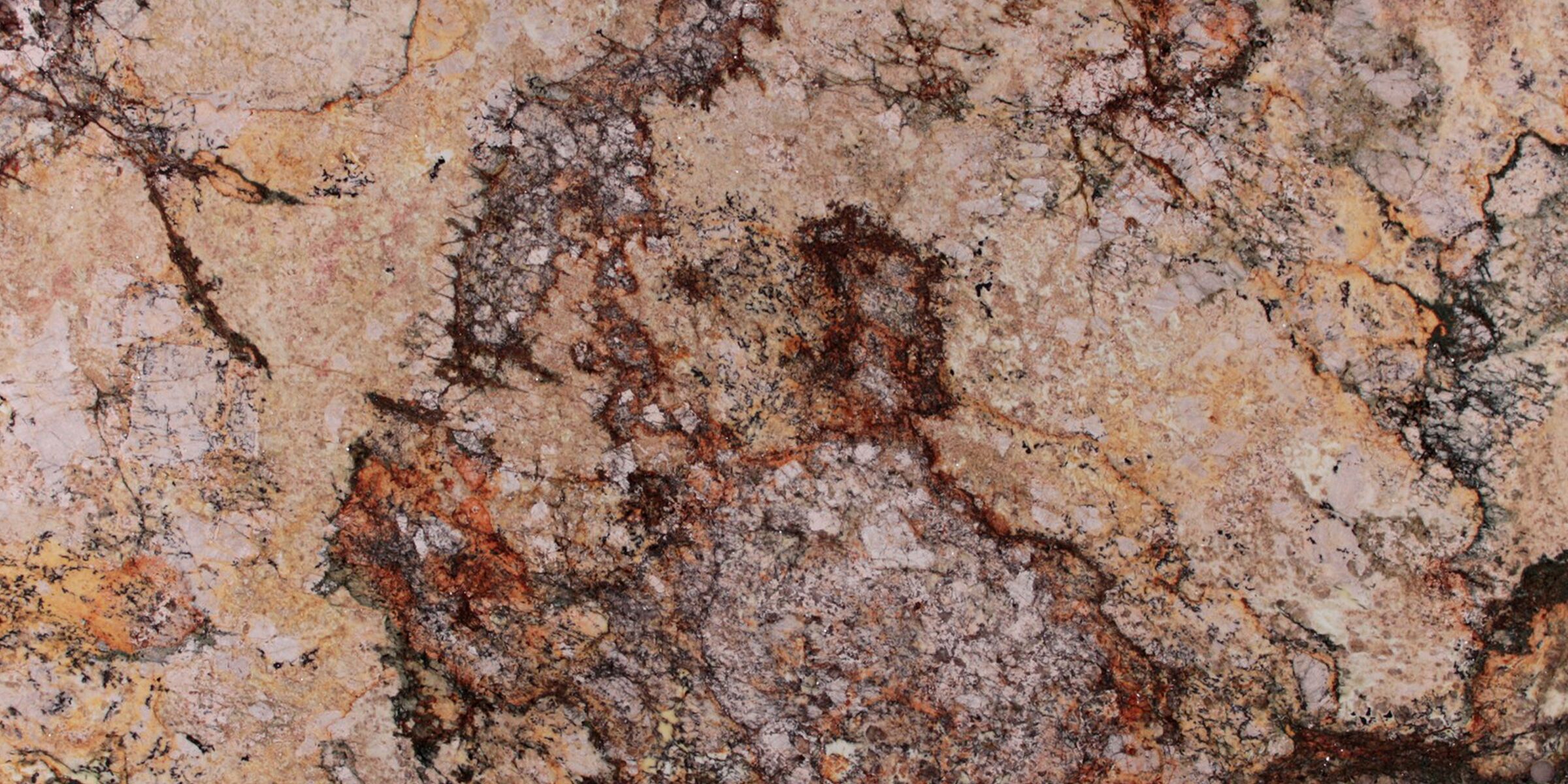Granite countertops are a popular choice for many homeowners due to their durability, natural beauty, and resistance to heat and scratches. However, maintaining the pristine look of your granite requires careful consideration, especially when it comes to cleaning. While granite is tough, it’s not invincible. Certain cleaners can damage the surface, dull the finish, or even lead to permanent stains. Here's a guide on what cleaners should never be used on granite.
1. Acidic Cleaners
Cleaners containing acids, such as vinegar, lemon juice, or any citrus-based products, are a big no-no for granite surfaces. The high acidity levels in these substances can etch the granite, leading to dull spots and a loss of shine. Over time, the acid can also weaken the sealant, making the stone more susceptible to stains.
2. Ammonia-Based Cleaners
Ammonia is another substance to avoid when cleaning granite. Ammonia can strip the protective sealant from the granite, leaving it vulnerable to damage and staining. Products like Windex and other household cleaners that contain ammonia should not be used on granite surfaces.
3. Bleach
While bleach is a powerful disinfectant, it’s far too harsh for granite. Bleach can cause discoloration and weaken the sealant that protects your granite countertop. Even diluted bleach solutions can have adverse effects over time, so it’s best to avoid using bleach-based cleaners altogether.
4. Abrasive Cleaners and Pads
Granite may seem tough, but abrasive cleaners and scrubbing pads can cause microscopic scratches on the surface. These scratches can lead to dullness and create tiny crevices where dirt and bacteria can accumulate. Avoid using products like scouring powders, abrasive pads, or even baking soda mixtures that require scrubbing.
5. Oil-Based Cleaners
Oil-based cleaners or products containing oil can leave a residue on the surface of your granite, leading to a greasy film that’s difficult to remove. Over time, this residue can attract more dirt and grime, making your countertops look dull and dirty.
6. Soap-Based Detergents
Regular dish soap or soap-based detergents can be problematic when used frequently on granite countertops. While they may not cause immediate damage, over time, soap can build up on the surface, leaving behind a dull film that’s hard to remove. This film can reduce the natural shine of your granite.
How to Safely Clean Granite Countertops
To keep your granite countertops looking their best, it’s essential to use the right cleaning products. Here are some safe alternatives:
- pH-Balanced Cleaners: Choose a cleaner specifically formulated for granite or natural stone. These are designed to clean effectively without damaging the surface or stripping the sealant.
- Mild Dish Soap and Water: For everyday cleaning, a small amount of mild dish soap mixed with warm water can be effective. Just be sure to rinse thoroughly with water and dry the surface with a soft cloth to avoid soap residue.
- Microfiber Cloths: Use a soft, non-abrasive microfiber cloth for wiping down your countertops. These cloths are gentle on the surface and won’t cause scratches.
Conclusion
Maintaining the beauty and longevity of your granite countertops requires avoiding harsh and abrasive cleaners. By steering clear of acidic, ammonia-based, bleach, oil-based, and soap-based products, you can ensure your granite surfaces remain shiny and pristine. Stick to pH-balanced cleaners or mild soap and water, and your granite countertops will continue to be a stunning feature in your home for years to come.

